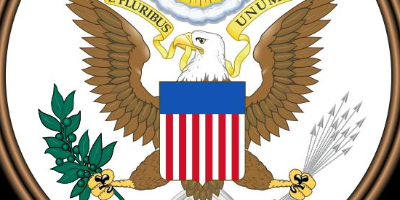jul 14, 1798 - Alien and Sedition Acts
Description:
A series of laws passed under the Adams Administration that were ostensibly to protect national security during the Quasi-War. They consisted of the following:1) Naturalization Act (June 18): Extended the period of time foreigners had to be present in the US to gain citizenship from 5 to 14 years.
2) Alien Friends Act (July 8): Allowed the president to deport or imprison foreigners that were considered "dangerous."
3) Alien Enemies Act (July 8): Allowed the president to deport or imprison any male citizen of a hostile nation above the age of 14 during wartime.
4) Sedition Act (July 14): Allowed the prosecution of statements critical of the government.
The laws were likely passed to suppress Adams' political opponents. Immigrants typically became Democratic-Republicans, so if it was more difficult for them to become a citizen or stay in the country, it would be more difficult for them to vote against Adams. The Sedition Act was mostly used to imprison the Democratic-Republicans that criticized Adams. Republicans argued that these laws, especially the Sedition Act, unconstitutionally suppressed the freedom of the press. Thomas Jefferson and James Madison authored the Kentucky and Virginia Resolutions in protest, which claimed that the laws violated the people's liberties. The acts were actually used quite sparingly, with only 26 people arrested under the Sedition Act, and no foreigners being deported under the Alien Friends Act. However, they lost support for the Federalist Party, contributing to Jefferson's victory in the 1800 election. The acts expired in 1801 except for the Alien Enemies Act, which remains in effect to this day. The acts show how in early America, how free speech should be was still a matter of debate.
Added to timeline:
Date:
jul 14, 1798
Now
~ 227 years ago
